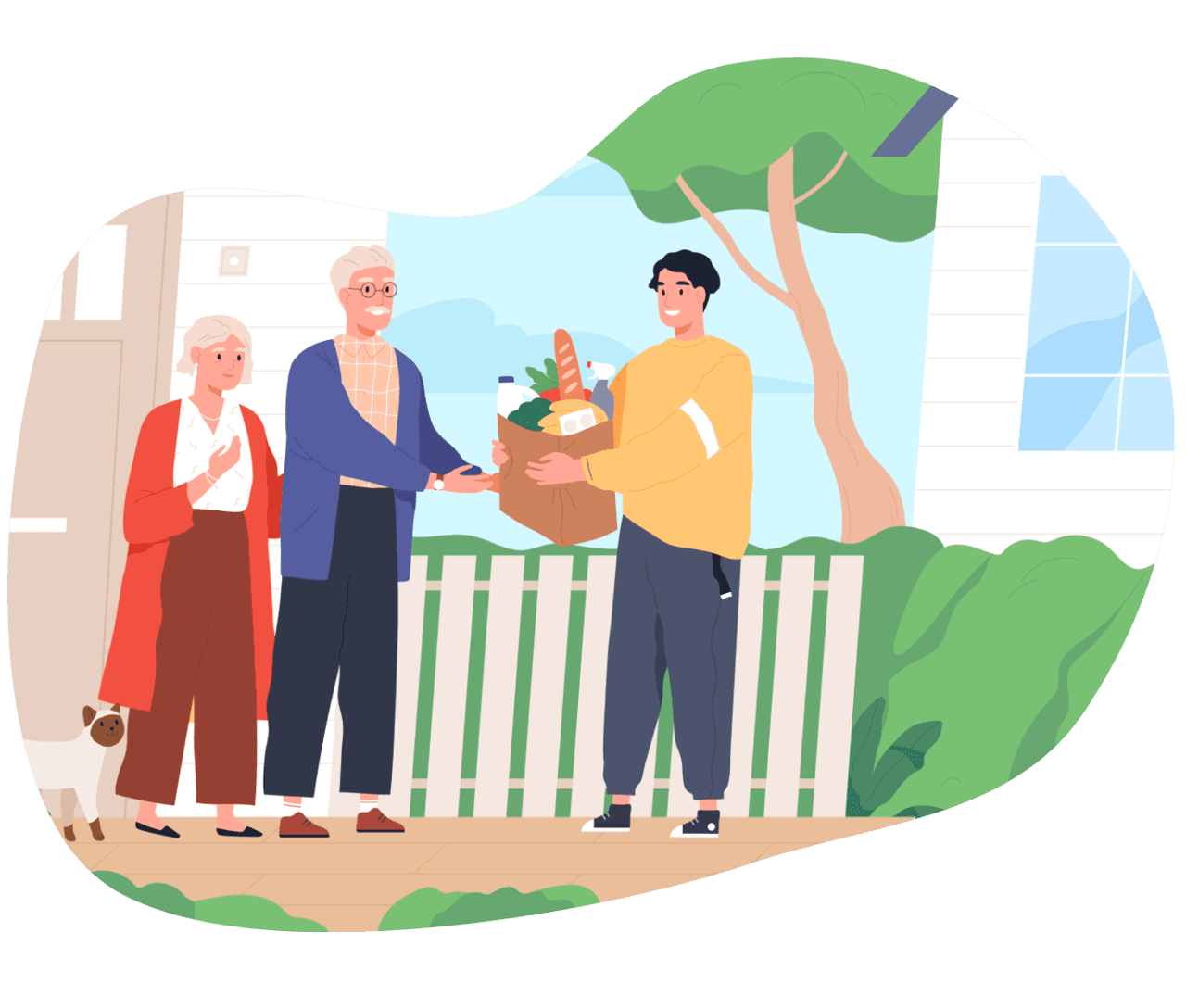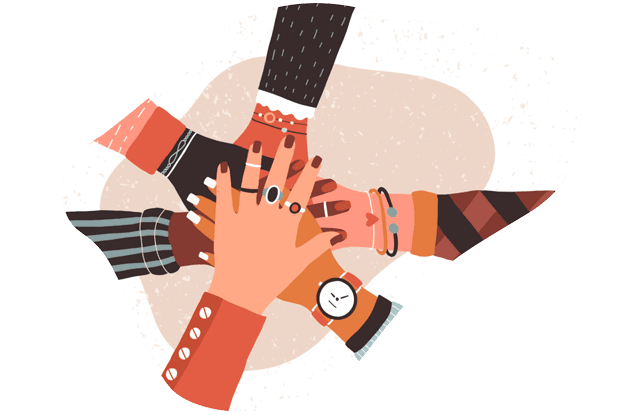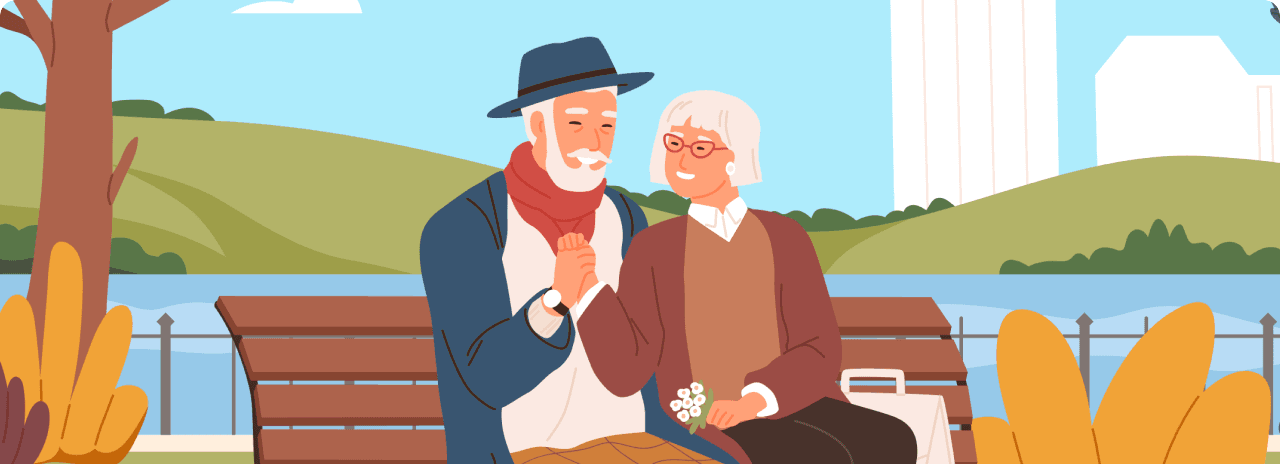
Supporting communication between you and your loved ones
If you or someone you love has been diagnosed with CTCL, there are likely to be changes and challenges in your relationships. CTCL is a rare cancer and might be difficult to describe. Download the leaflet below for tips on how to talk about your diagnosis to your friends and family.

How can I have helpful conversations about CTCL?
You might be nervous to share your feelings because you don’t want to upset or frighten the other person. You might not know what to say. You might not know how to help your loved one. The best way to communicate is to be honest about your feelings and talk openly; this can help you build a strong support system to help you manage changes.
Things to do when communicating

What practical support can loved ones offer someone with CTCL?
If you have been diagnosed with CTCL, it is okay to ask for help! Your loved ones will probably want to support you in the best way they can.
Think about practical ways for your loved ones to support you. This could be helping with day-to-day tasks like cleaning, shopping, or picking up children from school. You might need help getting to appointments.
Talking through any questions or concerns before appointments with someone you trust can also be helpful. You can ask a close family member or friend to join you during your discussions with the doctor. They can provide emotional support, remind you of any questions you had and take note of the doctor’s answers.
Explore this resource for more advice and tips on how to support someone with CTCL
Advice on managing relationships, family, and friends ( (pages 33–48) in the ‘living with and beyond lymphoma’ booklet from Lymphoma Action

If you have more questions on how to communicate with loved ones about CTCL, always ask your dedicated healthcare team.

Do you want more information about what CTCL is and what it means for a loved one who has been diagnosed?

Would you like information on what other changes you can make to your life to best manage your condition?
KKI/GB/MOG/0130
July 2025


How useful did you find this page?
CTCL Answers has been created for people living with CTCL and their families.
We would love to know how useful you found the content on this page to help shape any future updates to this website.

